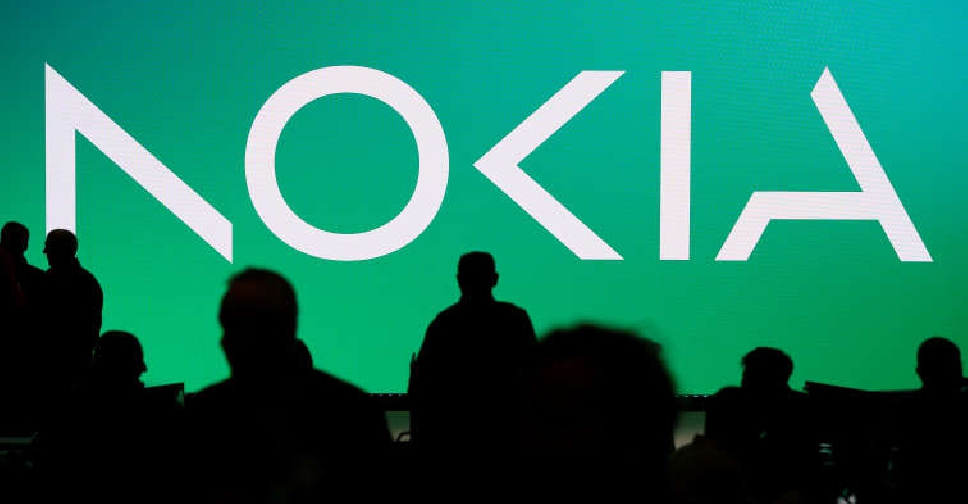
On Sunday, Nokia, the Finnish telecom equipment maker, announced plans to change its brand identity for the first time in nearly 60 years, accompanied by a new logo, as the company shifts its focus towards aggressive growth.
The new logo, which comprises five different shapes forming the word "NOKIA," drops the iconic blue colour of the old logo for a range of colours depending on the use.
In an interview with Reuters, Chief Executive Pekka Lundmark explained the reasoning behind the rebranding, saying, "There was the association to smartphones and nowadays we are a business technology company."
He spoke ahead of a business update by the company on the eve of the annual Mobile World Congress (MWC), which opens in Barcelona on Monday and runs until March 2.
Since taking over the top job at Nokia in 2020, Lundmark has set out a strategy with three stages: reset, accelerate and scale. With stage one now complete, Lundmark said it was time for the second stage. Although Nokia will still focus on growing its service provider business selling equipment to telecom companies, its main focus is now to sell gear to other businesses.
"We had very good 21 per cent growth last year in enterprise, which is currently about 8 per cent of our sales, (or) €2 billion ($2.11 billion) roughly," Lundmark said. "We want to take that to double digits as quickly as possible."
Major technology firms have been partnering with telecom gear makers such as Nokia to sell private 5G networks and gears for automated factories to customers, mostly in the manufacturing sector.
As Nokia moves toward factory automation and data centers, it will also see them competing with big tech companies, such as Microsoft and Amazon. "There will be multiple different types of cases, sometimes they will be our partners...sometimes they can be our customers...and I am sure that there will also be situations where they will be competitors," Lundmark said.
Nokia intends to review the growth path of its different businesses and consider alternatives, including divestment. "The signal is very clear. We only want to be in businesses where we can see global leadership," he added.
The market to sell telecom gear is under pressure with macro environment denting demand from high-margin markets such as North America, being replaced by growth in low-margin India, pushing rival Ericsson to lay off 8,500 employees. "India is our fastest-growing market that has lower margins - this is a structural change," Lundmark said.




 US starts collecting Trump's new 10% tariff
US starts collecting Trump's new 10% tariff
 Nasdaq set to confirm bear market as Trump tariffs trigger recession fears
Nasdaq set to confirm bear market as Trump tariffs trigger recession fears
 Dana Gas and Crescent Petroleum exceed 500M boe in Khor Mor field
Dana Gas and Crescent Petroleum exceed 500M boe in Khor Mor field
 China to impose tariffs of 34% on all US goods
China to impose tariffs of 34% on all US goods
 Shares bruised, dollar crumbles as Trump tariffs stir recession fears
Shares bruised, dollar crumbles as Trump tariffs stir recession fears



